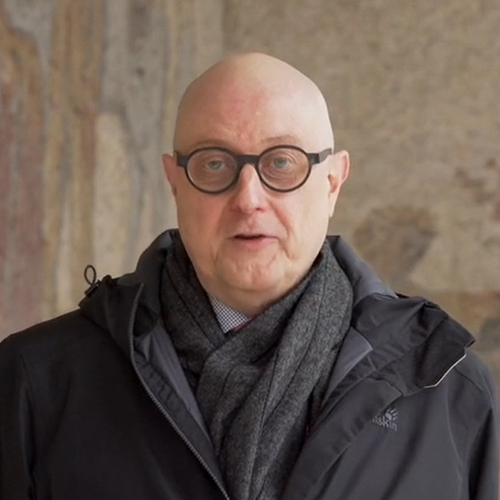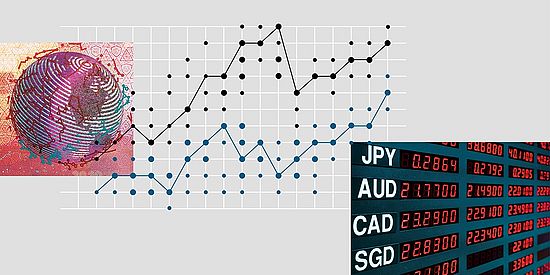
Master of Science in Finance and Money
You’re pursuing a career in financial management? Are you interested in topics and opportunities in the context of financial markets? Or in monetary policy and monetary systems instead?
The specialized Master's program in Finance and Money at the University of Basel provides you with the conceptual knowledge and the methodological skills required for professional financial decision making. You learn how to cope with Finance related challenges in the private sector, in governmental functions, and in research. And you gain insights on new market developments.
The curriculum is set at the intersection of financial markets and the monetary system. It builds on the economic analysis of financial markets, financial contracts and monetary institutions as well as corporate financial management processes, such as financing, investments, and valuation. Bringing these elements together, the interaction of monetary policy, financial markets, digital transformation, and the current and future challenges for the banking system and financial institutions are at the core of this program.
The Master's program in Finance and Money is both applied and research oriented. Throughout the curriculum, you can learn from a dedicated faculty known for its excellence in teaching and research.
The specialized Master's program in Finance and Money at the University of Basel provides you with
- the conceptual knowledge and the methodological skills required for professional financial decision making
- tools to cope with finance related challenges in the private sector, in governmental functions, and in research
- insights on new market developments
The Master's program in Finance and Money gets you prepared for a career in the financial sector, in particular at central banks, in the banking and insurance sector, in asset management, consulting, and at regulatory authorities as well as in the industry and the government. The specific activities such as research, risk management, valuation, financial analysis, investment management, corporate transactions, portfolio management, monetary and econometric analyses are the key focus areas of the program.
Our Alumnae/Alumni are now...
- Investment Specialist at Insurance Company
- Strategic Consultant at an International Consulting Firm
- PhD Candidate
- and more to come (it’s a very new program!)

Module | Credit Points |
Fundamentals in Finance and Money | 18 |
Core Courses in Finance and Monetary Economics | 15 |
Finance Fields
| 9 |
Field Electives | 12 |
General Electives | 0 or 12 |
6 | |
18 or 30 |
Which lectures are part of the program? Have a look!
Need a timetable to plan your semester?
All you need to know about the master's thesis.
We offer three areas of specialization (Finance Fields):
- Financial Markets and Asset Pricing: Focusing on issues of financial market theory and asset pricing
- Monetary Economics and Macrofinance: Dealing with questions of monetary policy, macrofinance, and growth.
- Financial Management and Investment: Focusing on financial and risk management issues from a predominantly business perspective.
Principally, more than 9 CP are offered per Finance Field. Additional credits earned in these modules reduce the minimum CP in the Field Electives or General Electives. Courses may generally be assigned to more than one Finance Field. The courses in the three Finance Fields are listed in the medium-term curriculum.
Holders of a bachelor’s degree from a Swiss university-level higher education institution will be admitted without additional requirements/conditions provided they can prove the following:
- At least 60 CP of undergraduate knowledge in business and economics
- At least 12 CP of undergraduate knowledge in mathematics
- At least 12 CP of undergraduate knowledge in statistics / econometrics.
In the case of all other bachelor’s degrees from recognized higher education institutions, the examination committee will evaluate the equivalence of the required undergraduate knowledge, with the bachelor’s degree program in business and economics at the University of Basel being the reference.
The following condition must also be met:
The bachelor’s degree relevant for admission must have an average grade of at least 5 / unrounded (Swiss grading system 1 to 6, where 6 = max./4 = pass). Conversion calculator
As an alternative to the minimum GPA, holders of a bachelor’s degree from a recognized university-level higher education institution may present a current Graduate Record Examination® General Test (or GRE® Test), provided the results in the areas of “Quantitative Reasoning” and “Analytical Writing” are among the top 30% at least.
For bachelor’s degrees that do not have a grade or grade average, the equivalence of the grade to the average grade of at least 5 / unrounded (Swiss grading system 1 to 6, where 6 = max./4 = pass) will be reviewed by the examination commission.
Please see our Study Regulations and the Student Regulations of the University of Basel for detailed information on admission requirements.
Program Director

Prof. Dr. Angelo Ranaldo
Other Core Faculty
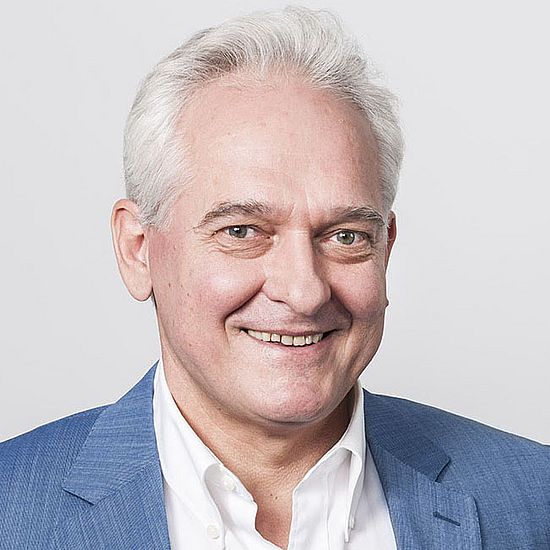
Prof. Dr. Aleksander Berentsen
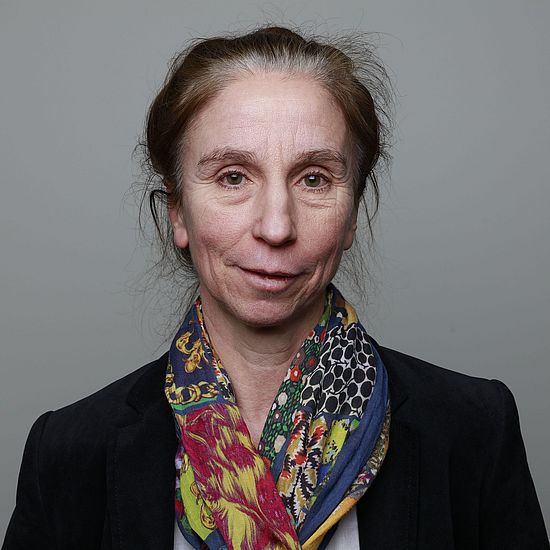
Prof. Dr. Sabine Böckem
Controlling
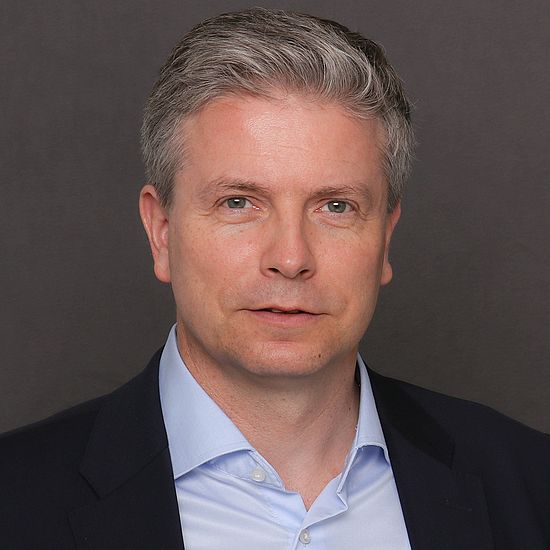
Prof. Dr. Pascal Gantenbein
Pascal Gantenbein ist Professor für Finanzmanagement und Studiendekan an der Wirtschaftswissenschaftlichen Fakultät der Universität Basel. Als Inhaber der Henri-B.-Meier-Stiftungsprofessur befasst er sich mit den Themen Finanzierung, Investitions- und Risikomanagement, Corporate Governance, Real Estate Finance sowie Venture Capital. Er promovierte und habilitierte an der Universität St. Gallen und bekleidete verschiedene Gastprofessuren, so an der HEC Paris und an der Universität Genf sowie an der Witwatersrand University in Johannesburg und an der HEC Montréal in Kanada.
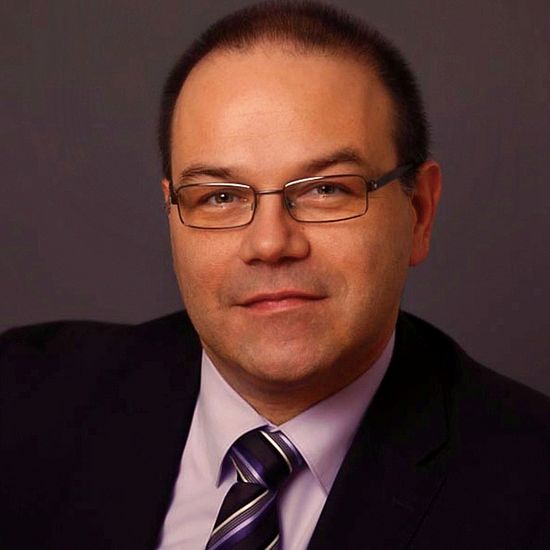
Prof. Dr. Yvan Lengwiler
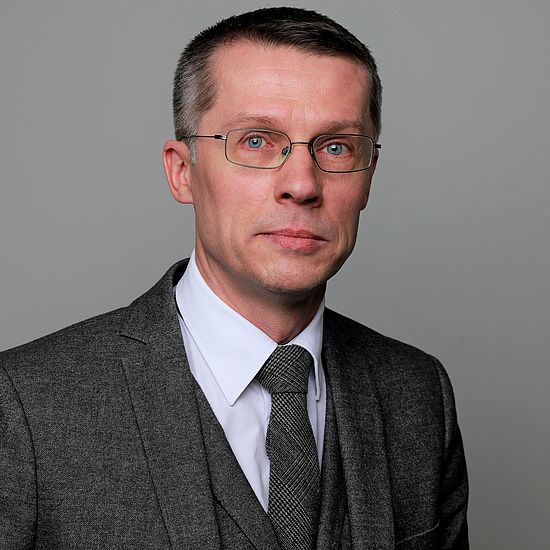
Prof. Dr. Dietmar Maringer
Computational Economics and Finance
Dietmar Maringer is Professor of Computational Economics and Finance at the University of Basel, Switzerland. He studied computer science, business, and finance in Vienna, Austria, and Cambridge, UK, and earned his habilitation while at the University of Erfurt’s econometrics department, Germany. His research interests combine finance and computational methods from artificial intelligence and data analysis. These include risk management, portfolio optimization, algorithmic trading, high-frequency markets, financial networks, complex adaptive systems, machine learning, computational intelligence, and simulation. He has co-authored and edited several books and has published in journals like Mathematics of Computation, Journal of Global Optimization, Computational Statistics and Data Analysis, Quantitative Finance, Journal of Banking and Finance, Computational Economics, and Computational Management Science.
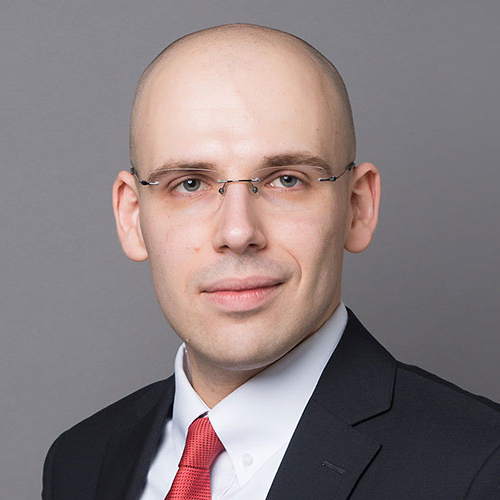
Prof. Dr. Fabian Schär

Prof. Dr. Ulf Schiller
The Master in Finance and Money consists of 90 CP and is designed as a three semester program starting in fall (30 CP per semester). However, registration is also possible in spring semester but may result in an extension to the regular period of study.
You can also study part-time. In that case, we recommend you to complete at least 15 CP per semester. The study time will be prolonged accordingly.
Application
Please register here.
Application deadline for fall semester: April 30.
Application deadline for spring semester: November 30.
Fees
Application fee: CHF 100.
Tuition fees per semester: CHF 850.
Individual costs of living etc. are not included.
Scholarships
Parents and/or the cantonal scholarship office in the parents’ canton of residence are basically responsible for the funding of studies, and the appropriate applications should be submitted there. International students should find out what scholarships they are eligible for in their home country. For more details, see here.
Contact

Dean of Studies' Office
University of Basel
Faculty of Business and Economics
Peter Merian-Weg 6, Office 38 (Gr. Floor)
CH-4002 Basel
Phone: +41 61 207 65 21
Quick Links
Social Media

